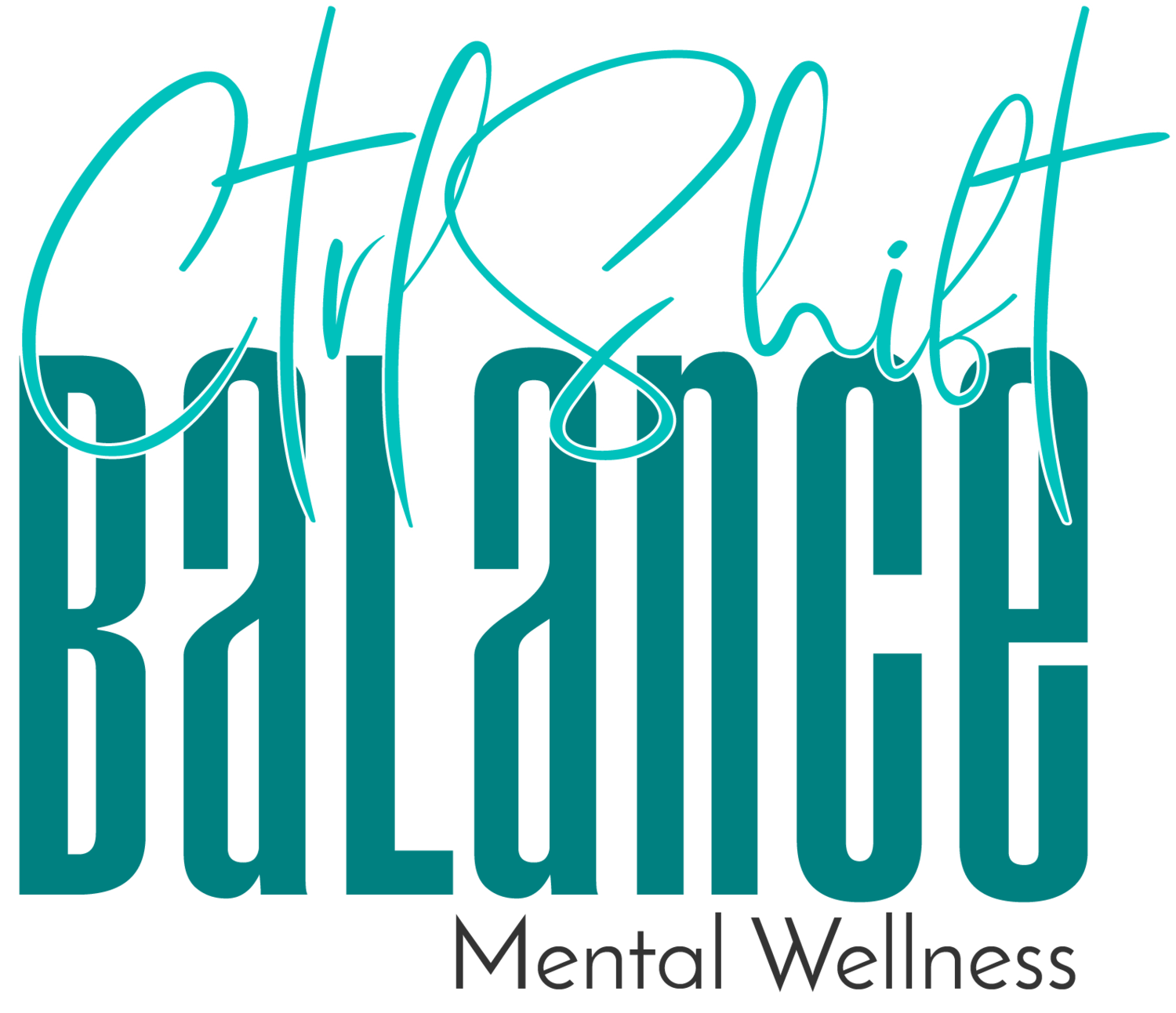CTrl Shift Self-AwAreness
Self-awareness involves monitoring our stress, thoughts, emotions, and beliefs. It is important, because it’s a major mechanism influencing personal development. Our lives can get out-of-control pretty fast if we are unaware of how and under what circumstances our emotional nature is triggered.
How do we increase self-awareness?
Self-awareness requires self-examination. For example, we can take this well-being quiz to become more aware of what’s negatively affecting our well-being. But that honest, non-judgmental self-analysis isn’t always easy. We tend to berate ourselves for our failings or fantasize about how great we are, when neither is actually the case. We all have a unique mix of “helpful” and “not-so-helpful” traits, but we are largely unaware of them. In order to self-reflect objectively, we need to quiet our minds and open our hearts, forgiving ourself for our imperfections and offering ourselves kudos when we deserve them.
So how do we build self-awareness?
1. Practice mindfulness
Mindfulness similar to self-awareness in that they both relate to consciously directing our thoughts inward in order to become more aware of our inner state of being, to observe our thoughts and beliefs, and to notice what triggers our emotions as they rise and fall. Mindfulness includes focused attention in the moment to whatever one is doing, and involves practicing such as meditation or a quieting of the mind.
2. Write in a journal
Writing our thoughts or stream-of-consciousness ideas can help us open up to those vulnerable places within. Writing sometimes reveals what contemplation does not, so this method of self-exploration may assist you in expanding your self-awareness. Telling your story, releasing your worries on paper, dreaming up your fantasy situation — these are ways your subconscious can speak to you, revealing what’s really “the matter.” You can alway pick up a black journal from Target, Walmart or Hey Sis with prompts to help you on journaling journey.
3. Be a better listener
“Getting out of ourselves” by focusing on another person, place or thing is a good antidote to reduce the downward spiral of negative thinking. By listening objectively, even lovingly, to what that person wants to or needs to share, we learn how to better listen to our own inner dialogues and opinions objectively and lovingly.
4. Ask for feedback
Since we are with ourselves all the time, we may miss something when we look at ourselves. That’s where the objectivity of others can be most helpful in self-assessment. If you have the courage, ask a friend or acquaintance their opinion of you, or ask about how you managed some project you worked on together or how you handled yourself in some quirky situation.
Try to be resilient and willing to hear what they have to say. When some aspect of self is revealed that could use some additional refinement, be willing to look behind the obvious to its underlying secret or wound. When you find something that needs some re-tweaking, make a mental or written note to yourself to look at it later when you have some time alone for your self-care.
5. Walk in nature
The mind tends to wander along with our feet, so with a little conscious nudging (and walking), we can examine our part in something that is happening in our lives now — at work, in social situations, in our relationships, or within the family.
Let me know which one out of the five mention that you implement today to increase your self-awareness?
With Balance & Wellness,
Shayla Peterson, LCSW

